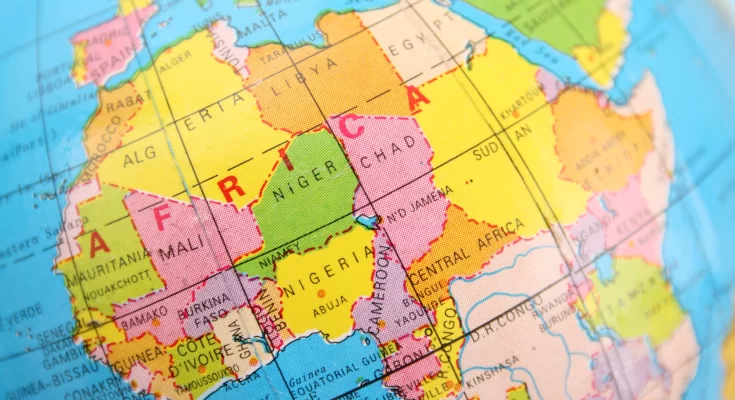Nigeria and South Africa Among Top Revenue Losers as Informal Sector Growth Outpaces Regulation
Africa may be missing out on over $125 billion in annual tax revenue due to the vast size of its informal economy, according to the African Development Bank’s (AfDB) 2025 African Economic Outlook.
The report singles out Nigeria, South Africa, Algeria, and Egypt as countries with the largest tax losses stemming from non-formalised business activity.
A Growing Informal Sector, A Shrinking Revenue Base
According to AfDB analysts, Africa’s thriving informal sector is largely driven by entrepreneurial energy among the continent’s youth.
Over 20% of working-age Africans are engaged in early-stage entrepreneurship, and more than 75% of young people intend to start a business within the next five years.
However, most of these ventures operate outside formal legal and tax frameworks, resulting in massive revenue gaps.
“The largest estimates of forgone revenue are concentrated in the continent’s biggest economies: South Africa ($20.4 billion), Algeria ($16.3 billion), Egypt ($15.6 billion), and Nigeria ($8.8 billion),” the report notes.
Africa Loses $125 Billion in Tax Revenue Due to Informal Economy: Why Businesses Stay Informal
The report attributes the trend to multiple structural challenges, including complex regulatory environments, limited access to finance, and weak support systems for small enterprises.
These hurdles, the AfDB argues, discourage entrepreneurs from formalising their businesses—despite the fact that formal registration would give them better access to funding, government support, and broader markets.
“What we see is a tremendous pool of tax potential being lost every year simply because systems are not incentivising or supporting formalisation,” one AfDB economist was quoted as saying.
Nigeria’s ‘Hustle Economy’ and the Tax Dilemma
In Nigeria, Africa’s most populous country, informal businesses dominate street corners—from roadside PoS vendors to car-hailing drivers and food kiosks.
Most of these micro-enterprises are self-funded and operate below the radar of tax authorities, limiting the country’s ability to broaden its tax base.
Although Nigeria recorded a modest rise in its tax-to-GDP ratio from 10% in 2023 to an unofficial estimate of 13.6%, this still falls short of the African Union’s recommended 18% benchmark, which the government has now adopted as a two-year target.
Real Estate Sector in Kenya Raises Tax Concerns Over Finance Bill 2025
Reforms Underway, But Will They Be Enough?
The Federal Government is currently reviewing several Tax Reform Bills aimed at modernising Nigeria’s outdated tax legislation, much of which dates back to the colonial era.
Reform priorities include the harmonisation of taxes, the digitisation of tax systems, and strengthening the legal framework to boost compliance and ease of doing business.
Authorities also hope these reforms will lower the debt servicing-to-revenue ratio, which peaked at 97% in 2022, and is projected to drop to 50% if fiscal discipline is maintained.
What the AfDB Recommends
The AfDB is calling for a continent-wide approach to formalisation, urging governments to:
- Simplify business registration processes
- Improve access to credit and digital tools for MSMEs
- Enhance tax education and incentives for small businesses
- Establish supportive regulatory ecosystems tailored to microenterprises
Formalising these businesses, the bank argues, would not only boost tax revenues but also increase resilience, job creation, and economic inclusion across the continent.
Final Thoughts
Africa’s informal economy represents both a challenge and an opportunity. While it sustains millions of livelihoods, it also deprives governments of the fiscal space needed for critical development investment.
As Nigeria and other African nations push forward with tax reforms, integrating the informal sector could prove to be the game-changer in building sustainable, inclusive economies on the continent.




